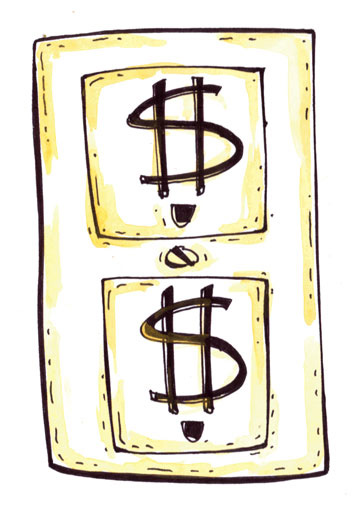Take A Hike: Utility Reps And Public Advocates Trade Blows On Rate Increase
Utility Reps And Public Advocates Trade Blows On Rate Increase


Brapola

Latest Article|September 3, 2020|Free
::Making Grown Men Cry Since 1992


Brapola


